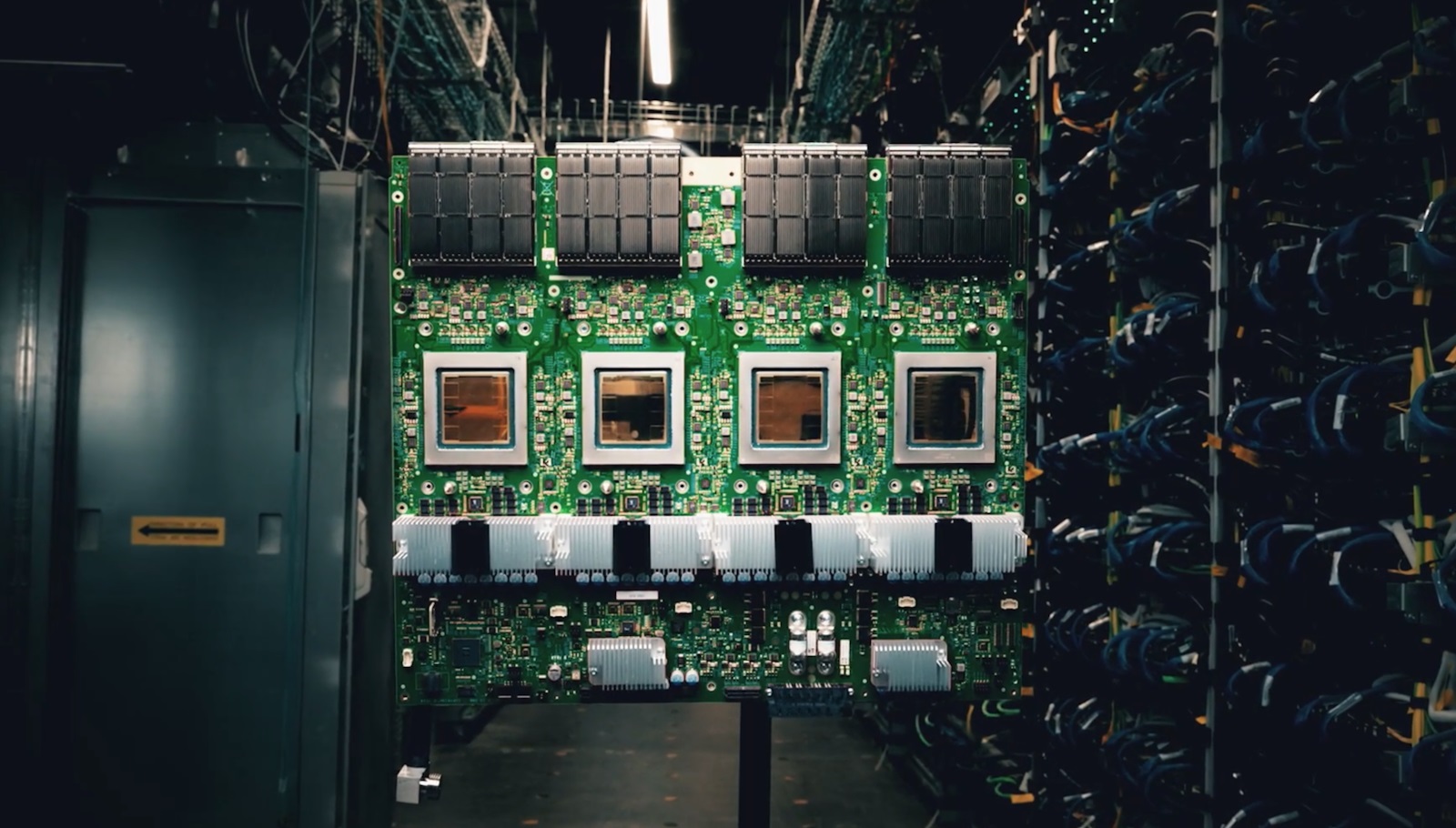04. September 2025
Admin
Google Ramps Up AI Chip Competition with Nvidia

Google is increasingly positioning itself as a serious contender to Nvidia’s dominance in the AI chip market. Through advances in its in-house TPU technology, cost-efficient custom processors, and strategic chip deployment, Google is shifting from being a major buyer of Nvidia GPUs to becoming a formidable competitor.
Google’s Strategic Moves
-
Next-Gen TPUs: Google’s sixth-generation TPU, known as Trillium, is already in high demand. The upcoming “Ironwood” TPU v7, slated to deliver a massive 42.5 exaflops for inference tasks, is showing promise in performance, scalability, and efficiency.
-
Cost-Effective Alternatives: Google’s custom TPU chips offer a more affordable and efficient option compared to Nvidia’s expensive GPUs—making them appealing for AI labs and tech firms alike.
-
Growing Ecosystem Interest: Top AI developers like Anthropic and Musk’s xAI are already adopting Google’s TPUs, showing industry momentum in Google’s favor.
Why It Matters
-
**Diversification of AI hardware** — Google's push signals that the AI chip market is expanding beyond Nvidia, offering more options for compute power and reducing dependency on a single vendor.
-
**Niche advantages** — By optimizing for inference and energy efficiency, Google is carving out focused use cases where its chips may outperform general-purpose GPUs.
-
**Strategic leverage through custom silicon** — Owning the hardware stack gives Google control over costs, innovation cycles, and long-term AI infrastructure planning.
Looking Ahead
While Nvidia remains the front-runner in AI chips, Google’s investments in TPUs and inference-focused chips are reshaping the industry’s competitive landscape. As buyers and developers seek more tailored, cost-efficient solutions, Google’s momentum could challenge the established order—and we’re only beginning to see how deep this competition may go.
